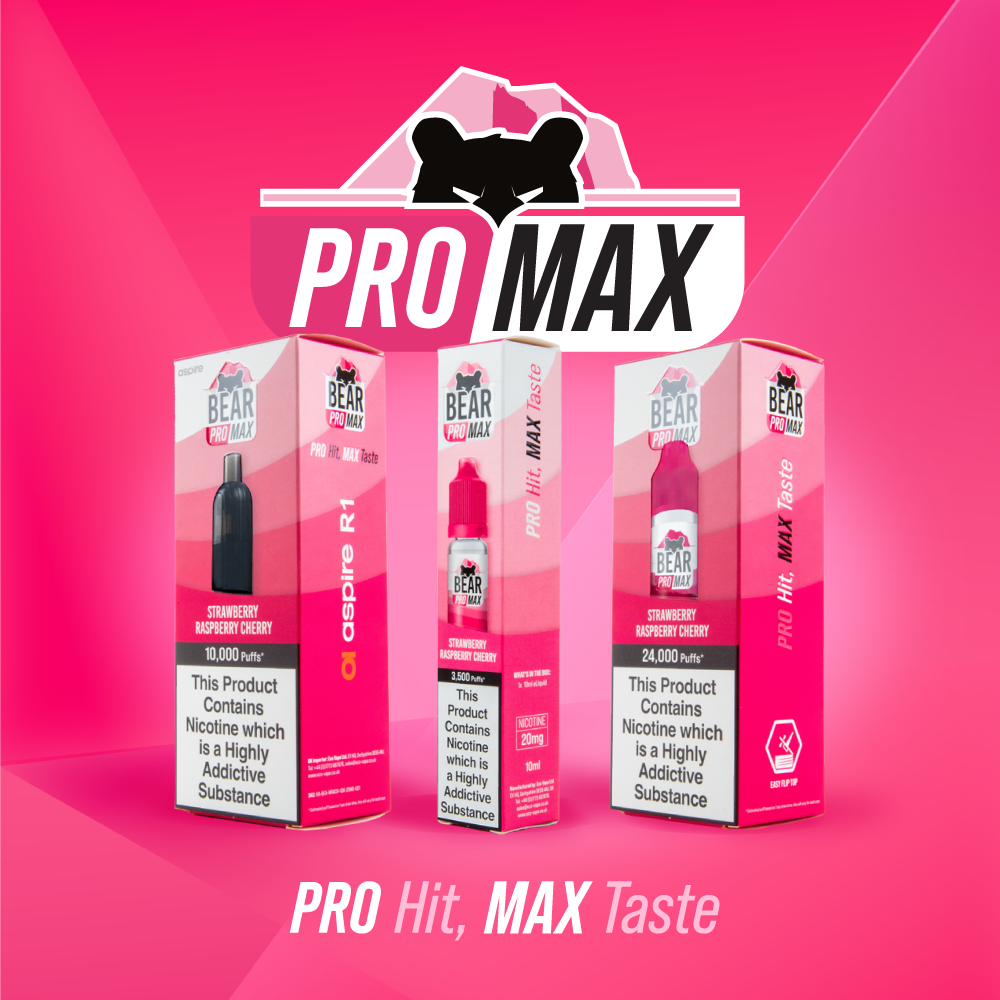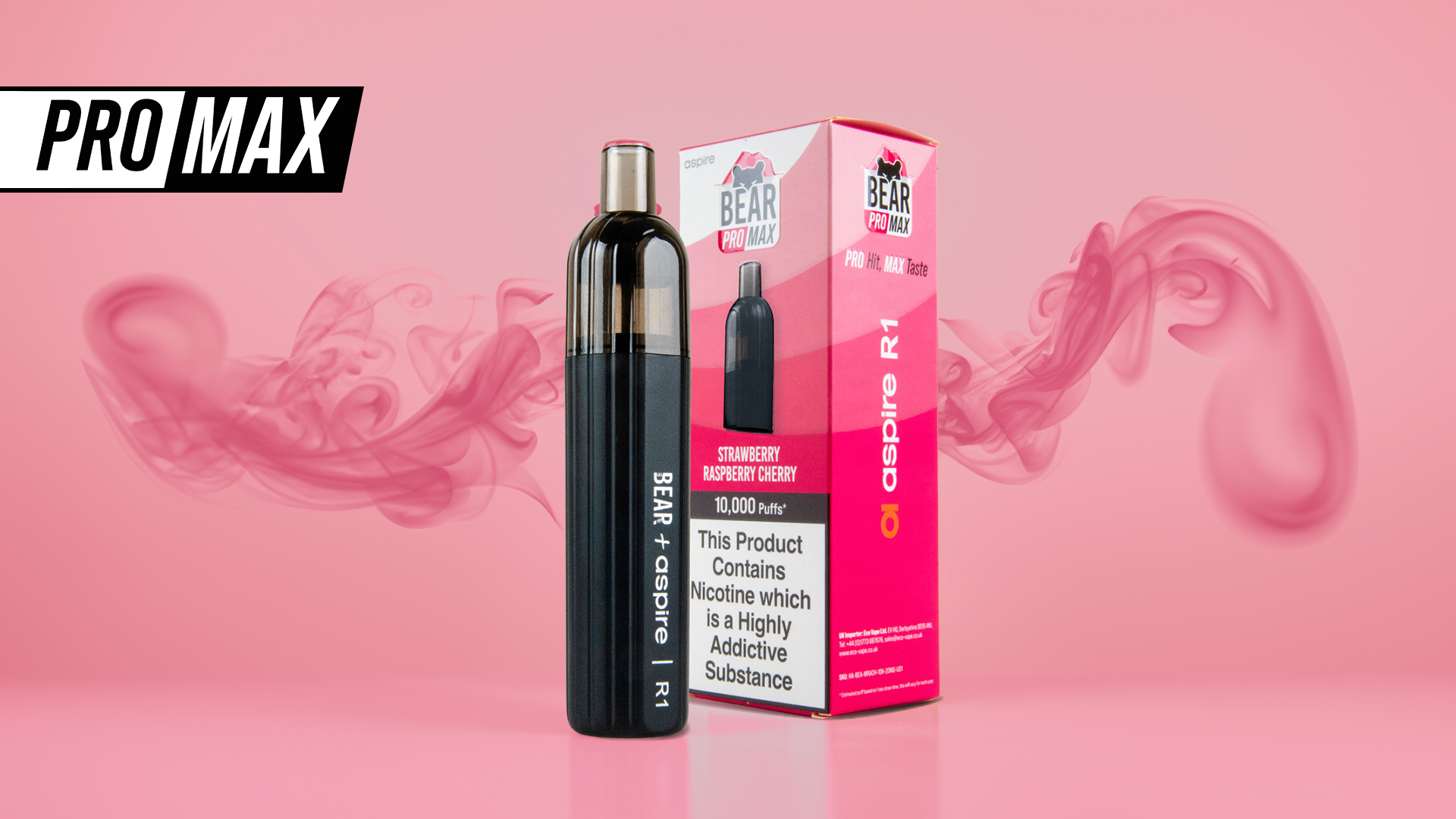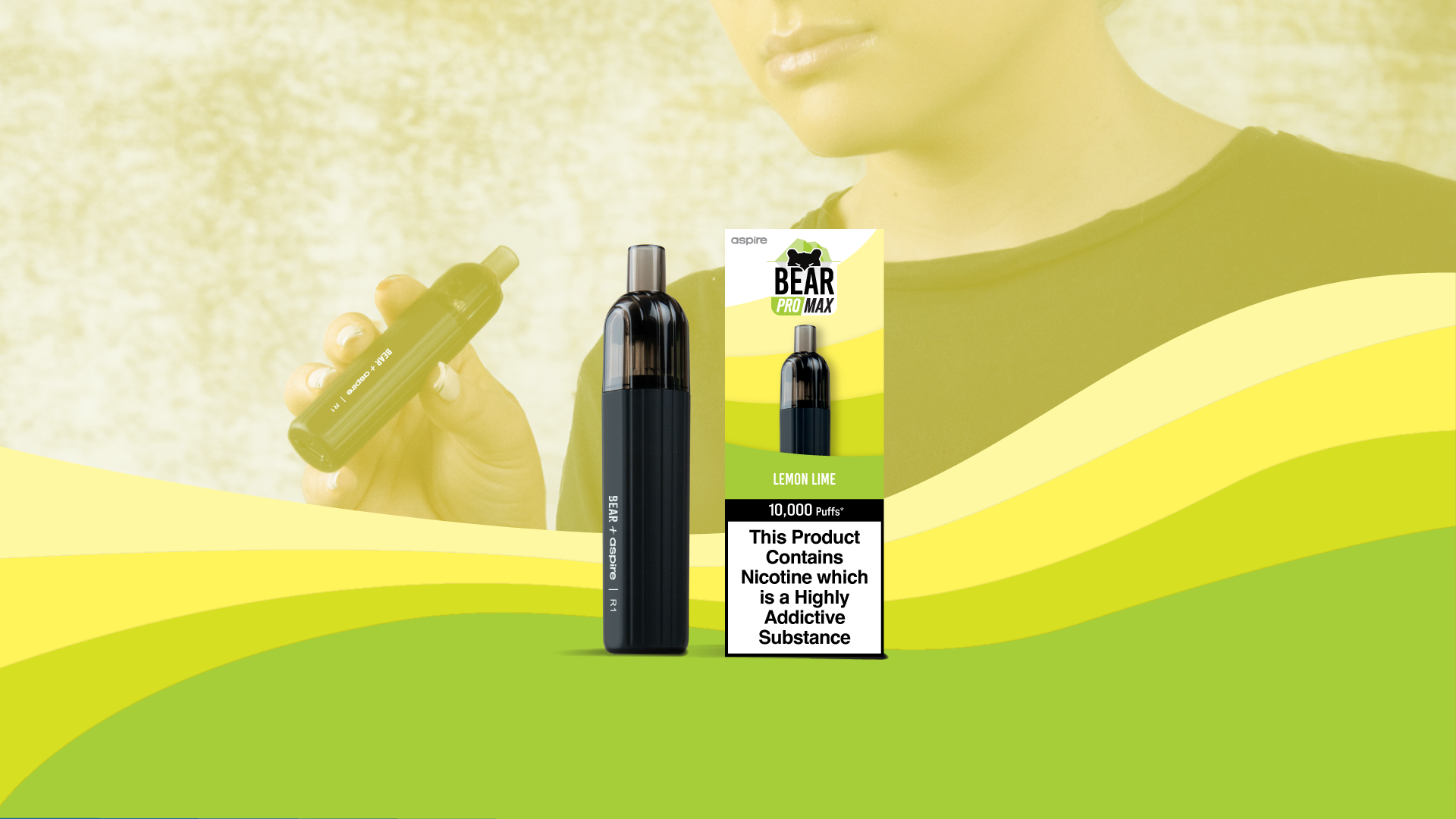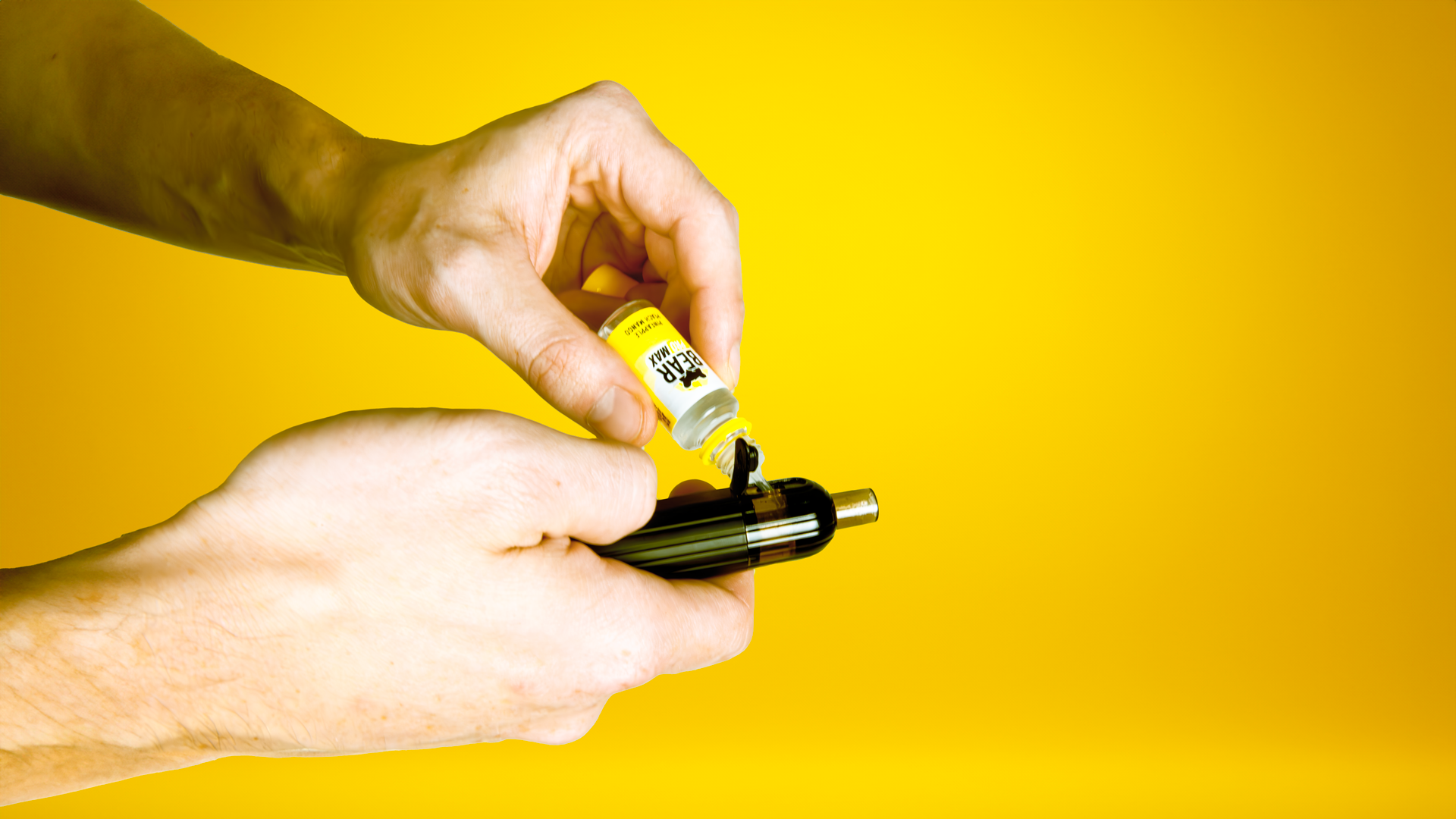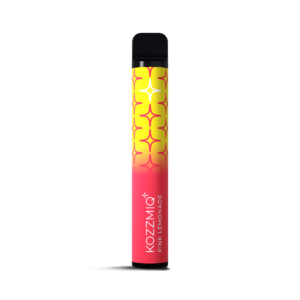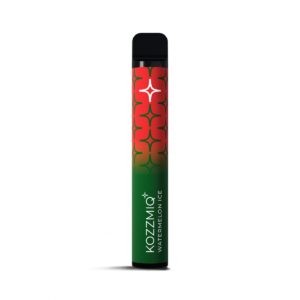The UKVIA Responds to ITV Tonight: How Safe is your Vape?
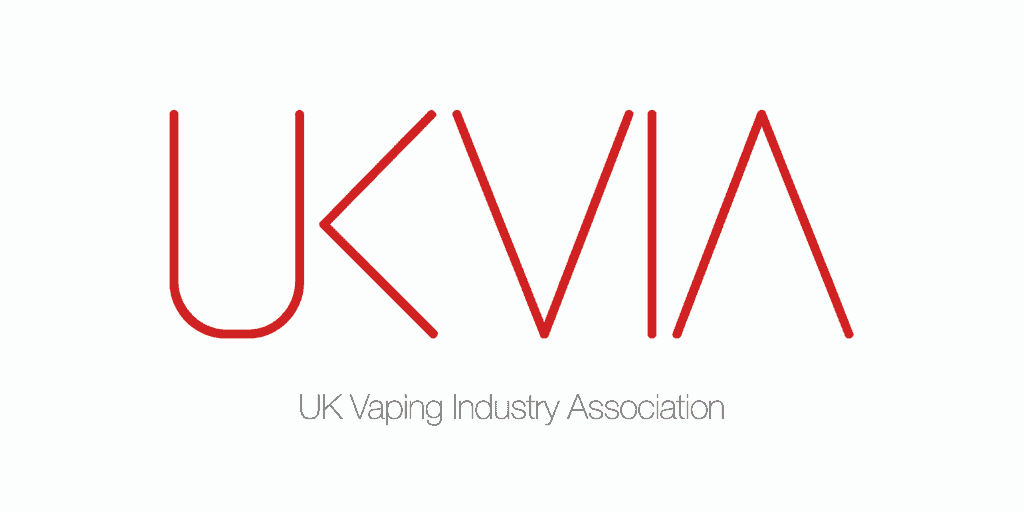
Due to the scale of inaccuracy and omission made by Johnathan Maitland’s investigation for ITV yesterday evening (Thursday), the UK Vaping Industry Association (UKVIA) is compelled to respond. The show, entitled ‘How Safe is your Vape?’, will serve not to inform or protect the public, but instead to keep people smoking cigarettes.
The UKVIA was denied permission to comment on the show, which similarly failed to give the right-to-response to manufacturers and retailers. This proved severely detrimental to the balance of the programme, as evidenced by the particularly egregious examples below:
On vaping safety in the US
Maitland fails to mention that vaping-related deaths in the US have been overwhelmingly linked to the use of THC and vitamin E acetate, a practice which is banned in the UK.[1] This is drastically different to the conventional, nicotine-based vaping which British consumers are familiar with.
The UK’s robust regulatory landscape ensures that products purchased legitimately are safe for use as directed. As sub-standard or illicit products may be available from black market sources, consumers should always use reputable retailers when making purchases.
On CDC guidance
The programme referenced growing, institutional concerns regarding vaping products in the US, accompanied by menacing, distorted news reports. In truth, the US Centers for Disease Control and Prevention (CDC) scrapped its blanket warning on vaping in January.
Dr Brian King, Chief Science Officer at the CDC, said “Recommendations were refined to reflect the best available scientific evidence and to best protect public health…The available science shows that Vitamin E acetate is strongly linked (to the reported illnesses)”.[2]
On UK legislation and regulation
The programme featured an attack by Prof Stanton Glantz of the University of California on the UK’s approach to vaping. The inclusion of Prof Glantz, a renowned critic of vaping, makes the lack of an invitation to industry spokespeople all the more jarring.
Despite Prof Glantz’s claims, the UK’s example remains a beacon for public health professionals interested in progressive harm reduction policies. UCL School of Pharmacy notes that “British policies on encouraging vaping as a substitute for smoking can be regarded as world leading and are likely to reduce both cancer and heart disease rates”.[3]
On vaping and smoking frequency
Maitland’s ignorance of even the basic mechanics of vaping was evident from the programme’s first segment, in which he alluded to the frequency with which people vape. Due to the differing natures of nicotine delivery exhibited by vaping and smoking, this is not a cause for concern.
Whereas cigarettes deliver a significant dose of nicotine to the smoker in a short period of time, the experience of the vaping user is more akin to grazing,[4] in which a consistent nicotine level is maintained. For this reason, any direct comparison is a false equivalency.
On the case of Ewan Fisher
Mr Fisher was a former smoker who sadly experienced an allergic reaction while vaping. His symptoms were serious, although allergic reactions of this kind are, thankfully, vanishingly rare – a caveat not made by Maitland’s programme.
Prof John Britton, Director at the UK Centre for Tobacco and Alcohol Studies, describes the risk of this reaction as ‘extremely small and, crucially, far smaller than that of smoking’.[5]
On the All-Party Parliamentary Group for Vaping
The UKVIA acts as secretariat for the All-Party Parliamentary Group (APPG) for Vaping, as part of our remit to champion the transformative harm-reduction potential of our industry. All details related to our work are published and a matter of public, in-keeping with our commitment to transparency.
The UKVIA represents the entire vaping industry,[6] from manufacture, to retail, to supply chain. A full list of our membership is always available online at www.ukvia.co.uk.
The net impact of Maitland’s programme will be to keep people smoking cigarettes, which results in more than 200 deaths every day in the UK. When dealing with issues of public health and harm reduction, the bar for accuracy must be set particularly high. It is the opinion of the UKVIA that ITV’s programming fell well short in this regard.
References:
[1] Centers for Disease and Control and Prevention (CDC) – Updated 28 January 2020: ‘National and state data from patient reports and product sample testing show tetrahydrocannabinol (THC)-containing e-cigarette, or vaping, products, particularly from informal sources like friends, family, or in-person or online dealers, are linked to most EVALI cases and play a major role in the outbreak.’
[2] Dr Brian King (CDC) – 17th January 2020 – https://www.wsj.com/articles/cdc-steps-back-from-broad-recommendation-to-refrain-from-e-cigarettes-11579293494
[3] Cancer Policy Update: Agenda for the 2020s (UCL) – https://www.ucl.ac.uk/pharmacy/sites/pharmacy/files/v_final_cancer_policy_update_embargo_jan_10_2020.pdf
[4] New Nicotine Alliance (NNA) – April 2019 – http://www.ukvia.co.uk/wp-content/uploads/2019/10/Switch-on-to-Vaping-Plan-Digital-2-2-2.pdf
[5] Prof John Britton, UK Centre for Tobacco and Alcohol Studies – 12 November 2019 –https://www.bbc.co.uk/news/health-50377256
[6] UKVIA – 27 November 2019 – http://www.ukvia.co.uk/a-democratic-industry-body-committed-to-vaping-safety/

